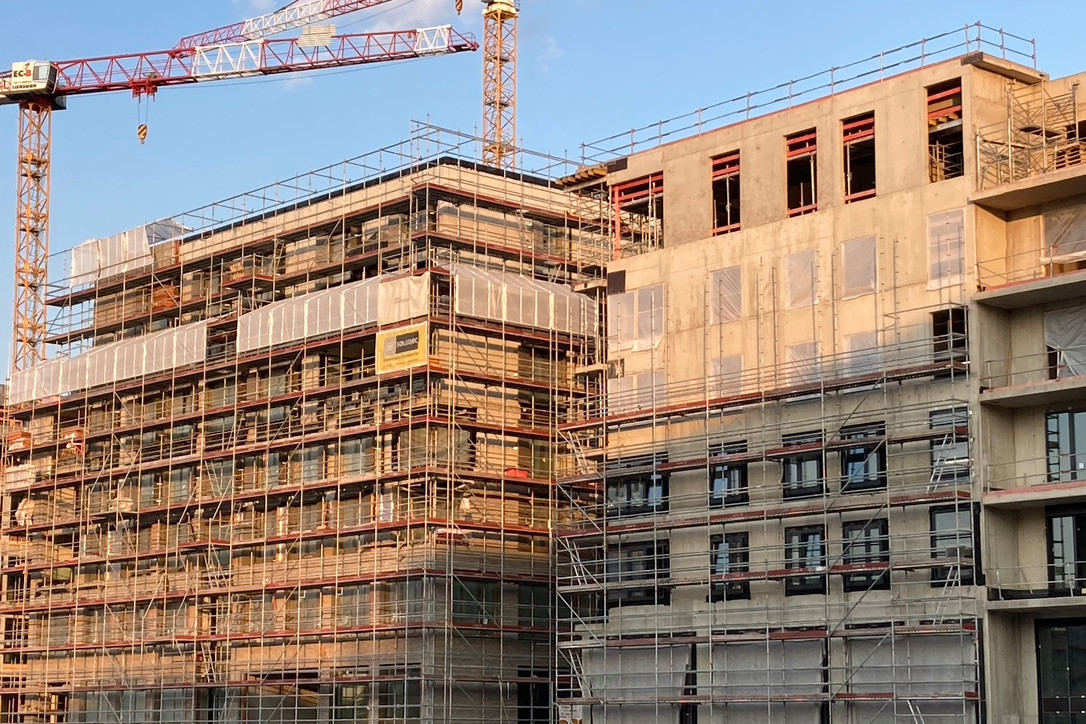In line with the European Central Bank’s in key banking rates across the euro area, housing loan interest rates in Luxembourg have been . This, in turn, has had a negative impact on the total loan amounts.
The Luxembourg Central Bank’s most recent mortgage credit data reveals a significant year-on-year decline of 39% in single-family home loans and 49% in apartment loans in the first quarter of 2023.
This marks the largest drop recorded since data became available in 1999.
The downward trend has persisted for over eight consecutive quarters, and the sharp decline is likely to have been amplified by .
The decline in loans is also reflected in the .
Households taking smaller loans
Another intriguing observation is the shrinking loan sizes.
In Q1 2023, the average loan for a house decreased to €436,148, significantly lower than the previous average of €608,987 in the first quarter of 2022. This represents a 28% reduction in loan size on average, also likely due to the tightening of lending standards.
Similarly, the average loan size for apartments also slipped 24%, from €429,424 in Q1 2022 to €325,658 in Q1 2023.
Property price decline
Apartment and house prices also declined in the first quarter of 2023, from real estate listing site athome.lu revealed.
Data from the ministry of housing, although limited to Q4 2022, shows a small decrease in the average value of registration deeds of sale for houses and apartments.
There was a 0.66% decline in house prices, resulting in an average sale price of €1,059,057. Apartment prices also saw a decrease of 0.23%, with an average price of €664,367 in the last quarter of 2022.
Moreover, there have been notable shifts in the number of sales between existing apartments and apartments under construction, suggesting a growing preference among customers for existing apartments over those under construction.
These changes in sales pattern could be attributed to various factors. One possibility is that some homeowners are choosing to sell their properties, either or because they are .
This could partly explain the increased number of transactions of existing apartments compared to planned construction.
One potential consequence in the future could be that these changes in sales patterns may lead to heightened pricing pressures on existing apartments.
Due to potential delays in registering property transactions, it is important to note that the quarterly sales and loans data may not be directly comparable, as the registration process for property transactions may occur at a later quarter than the approval of loans.
